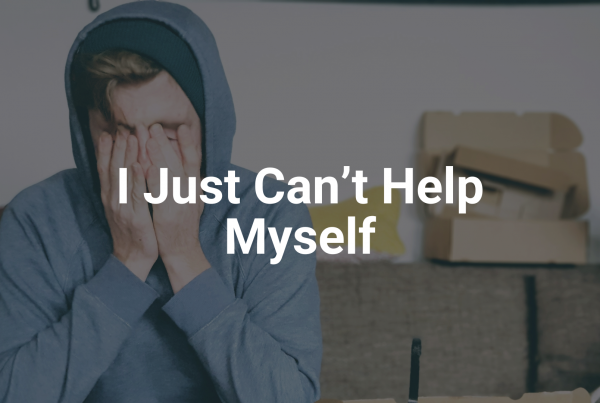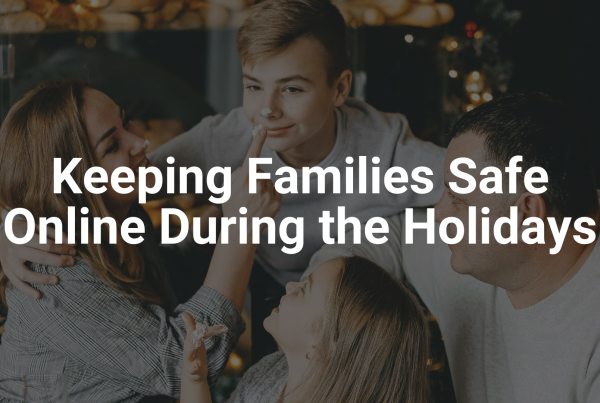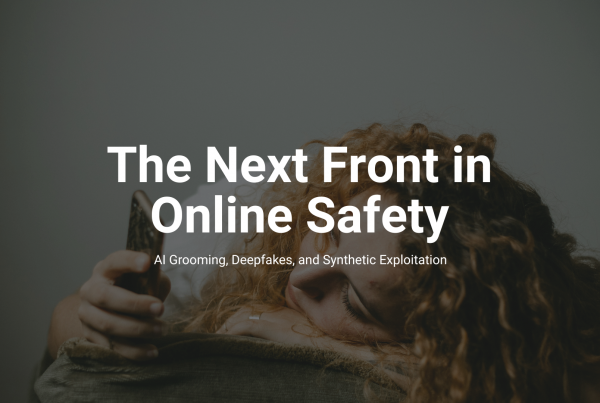WARNING
The following describes accounts of child sexual and physical abuse, which the Innocent Lives Foundation works to prevent. This blog contains content that some individuals may find disturbing or distressing in nature. Please be emotionally prepared before proceeding.
Names, locations, and other identifying information have been changed for the safety of the victims and the Innocent Lives Foundation team. Any similarity to actual names, living or dead, is purely coincidental.
Authors: Dr. Abbie Maroño
Published: October 6, 2023
Children having to endure any form of suffering is undeniably tragic and deserves our utmost attention, but that’s not what I am here to talk about today, because it’s not just the victims that suffer. I can’t imagine anything in this world quite as devastating as finding out that something bad has happened to your child, that someone has caused pain and suffering to your child. This is something that no parent should have to find out, but the sad reality is that it happens all too often.
Before we go any further, I want you to imagine a scenario, and I will warn you, it is not a nice one. Imagine that you have been called into your child’s school by the headmistress and as you enter, you are greeted by not only your child’s teacher, but also by a police officer. As fear begins to set in, the officer sits you down and informs you that your beloved son/daughter has been groomed and molested.
As horrible as that was to imagine, even for a second, it doesn’t compare to the magnitude of devastation that is felt by a parent of an abused child. Yet, while the inevitable emotional support the child will need now rests largely on the parents, comparatively little attention is paid to the parent’s emotional experience. So let’s pay attention.
Although it is another harsh reality that many perpetrators of child abuse are the parents themselves, this article will focus on parents of abused children in which the abuse was not inflicted by either parent themselves.
Shame and Guilt
Although many parents might feel like they must, you cannot be totally present and supportive of your child in the way they need when you are overwhelmed by suffering too. Thus, we must work to understand parental emotional experiences and responses after the discovery of child sexual victimization. Likewise, the emotional suffering of a parent of an abused child is very different to that of the child, but that does not make it any less important or valid.
The emotional turmoil felt by parents is complex, with research documenting responses including shock, confusion, fear, anger, disbelief, denial, and even ambivalence. Diving into the depths of each response would require a lot more than one blog, so I want to focus on two emotions that are felt in abundance; shame and guilt. For a parent, it seems like there are impossible standards that you must live up to, being present and always keeping a close eye on your child, whilst also not being too overbearing or controlling. When it becomes known that your child has been in harm’s way, the instinctual response is to feel as though you are to blame for choosing the wrong place to sit along this continuum, and the abuse occurred because of your behavior, or lack of. With this comes an overwhelming sense of responsibility and guilt.
“How did I not notice?”
“How did I allow this to happen?”
“This is my fault; I should have noticed”.
“Was I not loving or caring enough, not vigilant enough?”
“I am the worst mother/father in the world”.
This sense of guilt can be near impossible to combat and following the realization that there is nothing you can do to turn back the clock and notice something was wrong before it was too late, shame sets in. Shame that such a depth of trauma was being inflicted and you were unaware of its existence and did nothing to stop it. As such, it is probably not surprising that this leads to feelings that one has failed as a parent, which inevitably becomes a source of even greater shame and self-blame. This self-blame is near synonymous with that of an emotional prison, when felt in extremities it leaves us believing that we deserve suffering and are not entitled to healing. In fact, in qualitative reports of mothers who have learned that their child has been suffering behind closed doors, the subsequent feelings of inadequacy and powerlessness has led some mothers to engage in self-harming behaviors. This form of self-punishment can, once again, become an even greater source of shame.
I am sorry if this hurts to read, it hurts to write. But to understand and support parents with their emotional healing we need to first acknowledge their inner experiences.
Hypervigilant and Overprotective
The sense that “I didn’t do enough to stop it” can quickly translate into the implementation of over-controlling measures to ensure that it never happens again. These may take the form of listening in on private conversations between one’s child and their peers, setting strict curfews or not allowing them out of the house without a chaperone, reading their texts and journals, taking away mobile devices, and removing access to the internet. Parents who work away from the home may also reduce their work hours or quit their job entirely, to enable them to take a more active role in their child’s life.
Whilst these behaviors may be well-intentioned and come from a place of love and desire to protect, they can cause the child to feel isolated from their support network, trapped, and suffocated. This can also lead to feelings of resentment, making the parent-child relationship tense and strained, which are not conducive to the healing of either party.
I hope this blog has helped to highlight the need for empathy and parental support following instances of child sexual victimization. As such, in circumstances as delicate as this, it is essential that we maintain a non-judgemental stance and recognise the importance of supporting victims, without diminishing the emotional experiences of their parents.
If you or someone you know needs support with anything discussed in this blog, please see the following resources:





